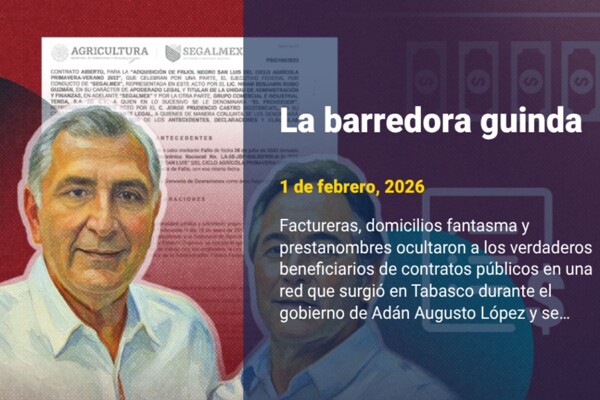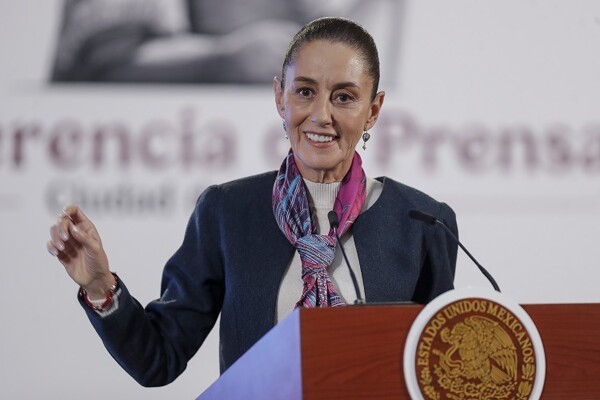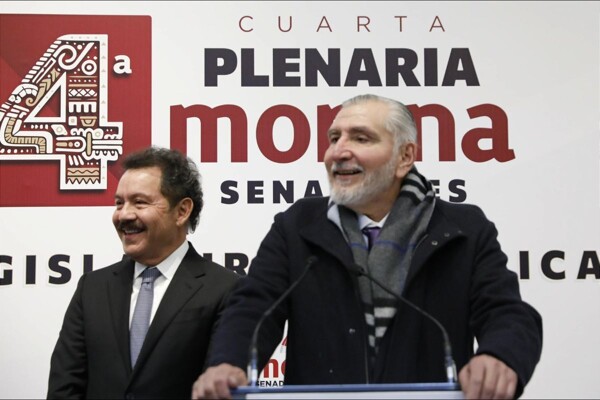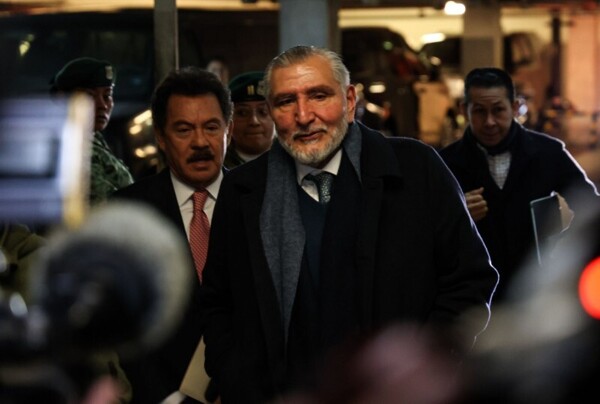
The American Petroleum Institute (API) has requested the U.S. Trade Representative (USTR), Jamieson Greer, to rigorously use the investment protection mechanisms offered by the United States-Mexico-Canada Agreement (USMCA) in light of the wave of constitutional changes in energy matters promoted by President Claudia Sheinbaum.
API proposed to the USTR to utilize the existing mechanisms in the investment protection provisions of the USMCA to advance the consultation process that has been on hold since the administration of former U.S. President Joe Biden. In a letter sent, they expressed that "the strong investment protections of the USMCA allow for the proper resolution of these issues without the need to impose tariffs on U.S. imports of Mexican hydrocarbons."
"Instead of unilateral tariffs, the oil and natural gas industry advocates for a strategic approach that prioritizes the full utilization and application of the dispute resolution mechanisms within existing free trade agreements to ensure a level playing field between Mexican state-owned companies Pemex and CFE and their private sector competitors," recommended API.
The institute believes that the constitutional reforms in Mexico, approved on November 28, 2024, further hinder U.S. direct investment in the Mexican energy sector by requiring private companies to partner with Pemex and eliminating independent and autonomous regulatory bodies in Mexico, integrating them into the Secretariat of Energy directly controlled by the Mexican government.
Furthermore, API points out that delays in issuing permits or the price cap on regular gasoline harm U.S. companies and may restrict the energy supply needed by American manufacturers and consumers. The voluntary pricing of regular gasoline at gas stations, driven by President Sheinbaum, undermines the competitiveness of private companies against Pemex.
In this context, API asserts that it appears that the administration of Mexican President Claudia Sheinbaum will not change the course of Mexico's energy policies and practices without continuous, direct, and vigorous pressure from the U.S. government.














